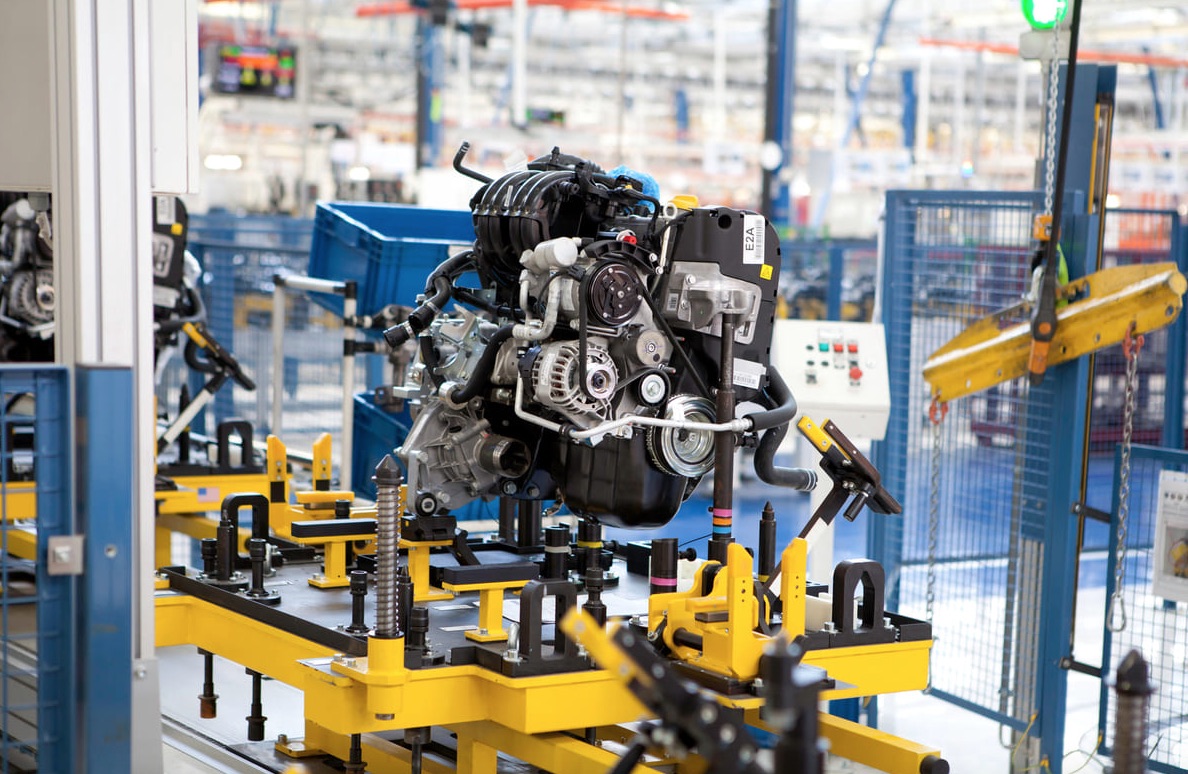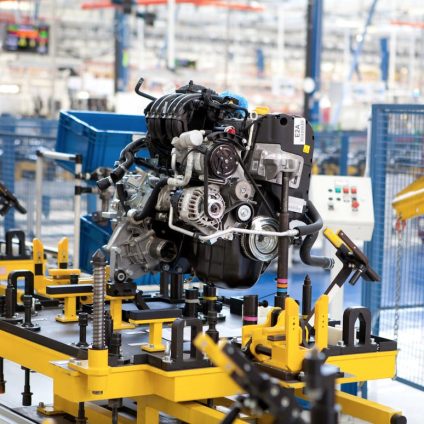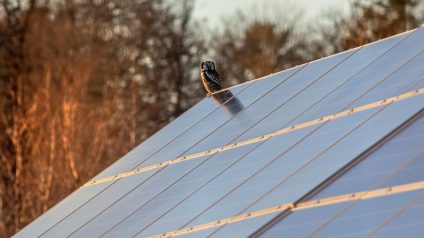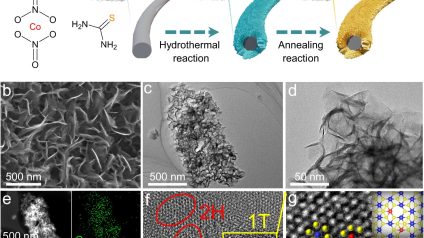Technological neutrality is the mantra to cancel the phase-out of diesel and petrol cars in 10 years. The European People's Party (EPP) formalizes its demands: support for e-fuels and biofuels, no fines for car manufacturers who don't comply, and "temporary" relief measures for producers

The future of European mobility cannot be solely electric: alternative technologies must be given space. The limits on vehicle emissions need to be reviewed and postponed. No penalties for car manufacturers if they fail to comply. These are the three cornerstones from which the European People’s Party (EPP) aims to overturn the 2035 ban on endothermic cars.
A major challenge is emerging for the newly installed European Commission. The Commissioner for the Green Transition, Teresa Ribera, has repeatedly stated, both formally and informally, that she does not want to delay the 2035 phase-out.
So, what does the EPP want instead? The European Commission must present a new proposal by 2025, “as soon as possible,” that “provides flexibility,” explains Jens Gieseke, a German MEP from the EPP, during a press conference. The EPP maintains the general climate goals for 2050, but “naturally, there are challenges that politics must address,” with the main one being “penalties for the automotive sector,” adds Gieseke. “We want to avoid them, though how this will work in practice remains to be seen.”
Three years of tug-of-war over European cars
The most represented group in the European Parliament formalizes its position in a document released today, directed at the new EU Commission. This marks the end of a trajectory that began during the previous legislative term when the EPP grew increasingly dissatisfied with the Green Deal policies. It started questioning (in an unorthodox way) already approved agreements and regulations, including the Nature Restoration Law.
The approval process for the law banning endothermic cars by 2035 had already been turbulent. The EPP had asked for and obtained several clauses that softened the text, including a review of the ban and roadmap planned for 2026. Then came a shift: Germany – the EU’s largest car market – grumbled (followed by Italy), and the text was modified to also allow e-fuels. This happened even though the agreement had already been “sealed” by a political deal between the Council and the European Parliament.
What does the EPP’s position paper on the 2035 endothermic car ban demand?
The position paper approved by the EPP, outlining its demands for the future of cars in Europe, addresses all the key issues regarding the competitiveness of the European automotive sector and the needs of the transition. From revising the ban on endothermic engine cars to emission limits for fleets, to the idea of European incentives for electric cars (“the matter should remain within the competence of member states,” emphasizes Gieseke during the press conference).
Let’s take a closer look at what the position paper says about the 2035 ban on new registrations of diesel and petrol cars, what laws the EPP wants to change, and the principles it adheres to.
Rejection of the ban on combustion engines by 2035
The EPP proposes to cancel (“should be reversed”) the ban on the sale of new cars with combustion engines by 2035. This is the central point of the document, which calls for a revision of current policies to allow the sale of vehicles with combustion engines using biofuels and other alternative fuels even after 2035.
Early revision of the 2035 ban policy
The EPP requests that the EU initiate the revision of the legislation on the ban in 2025, rather than waiting until 2026 as previously planned. The aim is to “correct” the law that would gradually lead to the ban on combustion engines.
Technological neutrality
The EU must return to “technological neutrality as a guiding principle,” reads the position paper. The group proposes a neutral technological approach, not limited only to electric cars, but also including alternative fuels, such as biofuels and synthetic fuels. This aligns with the requests of the FDP (Free Democratic Party in Germany), which has pushed for the use of e-fuels, and with Italy’s push for biofuels.
Moreover, the EPP asks that this change be “accompanied by other measures, such as the introduction of a carbon correction factor.” The text also explicitly mentions a future role for plug-in hybrid models.
Do not delay CO2 emission limits for fleets…
Contrary to what was anticipated in recent days, the EPP no longer proposes postponing the entry into force of the CO2 emission limits for fleets from 2025 to 2027. The idea was to ease the pressure on automakers who could face penalties for not meeting CO2 emission regulations. The EPP supports ACEA’s estimate, the European Automobile Manufacturers Association, which forecasts fines up to €15 billion.
…but avoid penalties for car manufacturers
Instead, the EPP advocates for “temporary relief measures” for car manufacturers, aiming to prevent fines for those who fail to meet the legislation in force by 2025. Among the suggested measures are evaluating compliance based on a three-year average or temporarily adjusting the penalty calculation method to account for cars produced, not just those registered.
The Commission should conduct an assessment to determine which option or mix of options is most effective. “If penalties are unavoidable, they should be reinvested in the European automotive sector for specific purposes (e.g., infrastructure implementation, incentive programs, digitalization) rather than into the general EU budget,” concludes the EPP’s paper.












